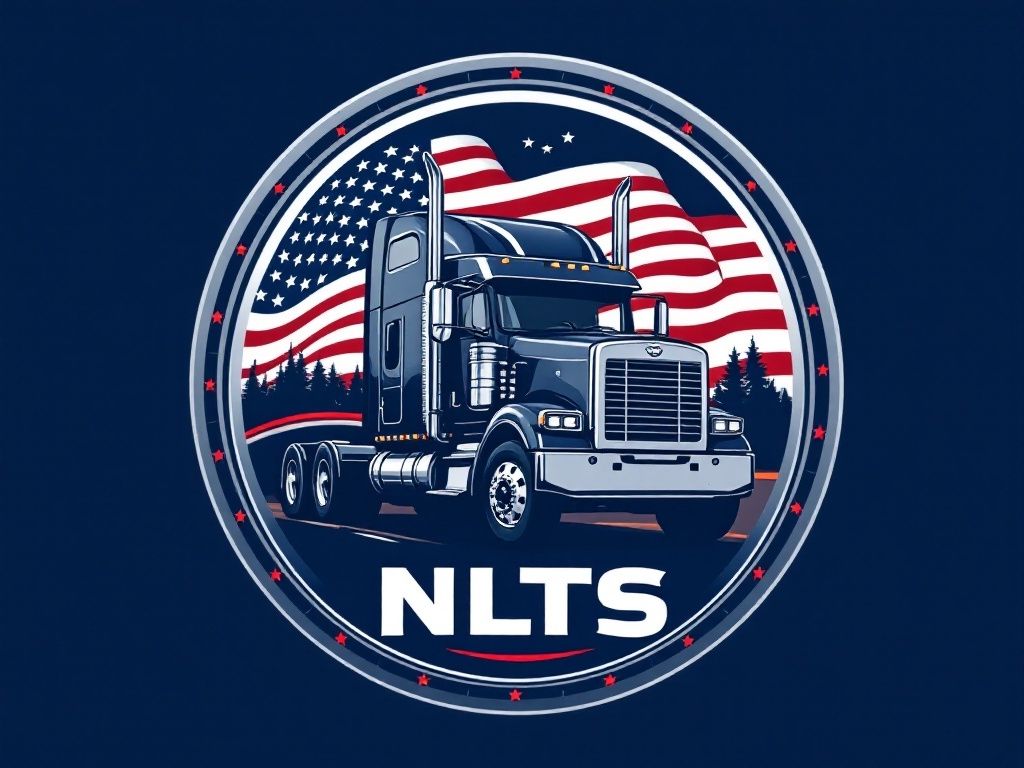How to Navigate Trucking Insurance Requirements in the Southeast
WN
Navigating trucking insurance requirements can be daunting, especially in the Southeast, where each state has its own set of regulations. Understanding these requirements is crucial for any trucking business to ensure smooth operations and compliance with the law. This guide will help you better understand the complexities of trucking insurance in this region.
Understanding State-Specific Insurance Requirements
Each state in the Southeast, such as Georgia, Florida, and Alabama, has unique trucking insurance requirements. It's essential to familiarize yourself with these differences, as failing to meet them can result in penalties or even suspension of your operating authority. In general, most states require liability insurance coverage, but the limits can vary significantly.
For example, Georgia requires a minimum liability coverage of $100,000 for bodily injury per person, while Florida might have different coverage expectations. To ensure compliance, it's advisable to consult with an insurance expert familiar with state-specific regulations.

Types of Coverage You Might Need
Besides liability coverage, trucking companies may need additional types of insurance to protect their business assets and operations. Common types of coverage include:
- Cargo Insurance: Protects the freight being transported.
- Physical Damage Coverage: Covers damage to the truck itself.
- Non-Trucking Liability: Offers protection when the truck is used for non-business purposes.
Each type of coverage serves a specific purpose, and understanding your business needs is critical in selecting the right insurance package.
Finding the Right Insurance Provider
Choosing the right insurance provider is just as important as selecting the right coverage. Look for providers who specialize in commercial truck insurance and have experience dealing with the specific requirements of the Southeast. This expertise can be invaluable in helping you navigate local laws and regulations.
It's also beneficial to compare quotes from multiple insurers. Consider factors such as premium costs, coverage limits, and customer service reputation. A provider offering comprehensive support and guidance can make a significant difference in managing your insurance needs effectively.

Staying Up-to-Date with Regulations
The trucking industry is constantly evolving, with changes in regulations and market conditions. Keeping up-to-date with these changes is vital for maintaining compliance and ensuring the continued success of your business. Regularly review state and federal regulations affecting trucking insurance, and adjust your policies as necessary.
Consider joining industry associations or networks that provide updates on regulatory changes and offer resources for staying compliant. These organizations often host seminars and workshops that can be valuable in educating your team about new requirements.
Conclusion: Proactive Management is Key
Navigating trucking insurance requirements in the Southeast requires proactive management and a keen understanding of local laws. By staying informed about state-specific regulations, choosing the right types of coverage, and partnering with knowledgeable insurance providers, you can protect your business and ensure compliance.
Remember, effective risk management doesn't end with purchasing an insurance policy; it's an ongoing process that involves regular assessments and adjustments to meet changing needs and legal landscapes. Stay proactive, and your trucking business will be well-equipped to handle any challenges that come its way.

